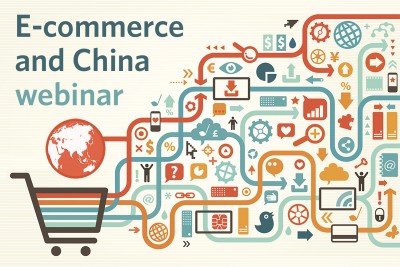American Medical Association (AMA); Audiey Kao, MD, PhD, on what physicians need to know about ethics in 2022
"AMA's Moving Medicine video series amplifies physician voices and highlights developments and achievements throughout medicine.
Kicking off 2022 with the AMA's "Look Forward/Look Back” series, AMA Chief Experience Officer Todd Unger talks with Audiey Kao, MD, PhD, the AMA's vice president of ethics, about the AMA's critical work in medical ethics and what to expect in the months ahead.
Speaker
- Audiey Kao, MD, PhD, vice president, ethics, AMA...
Unger: In addition to mandates, another one of these key ethics challenges that physicians faced in 2021, and this is a very painful one, is about allocating scarce resources. Throughout the pandemic, we've seen hospitals goal with shortages of ventilators, ICU beds, even staff to take care of critically ill patients. And sometimes, hospitals are forced to implement "crisis standards of care," in which they prioritize patients largely on their likelihood of survival. How did the AMA guide physicians and hospitals in what is an extremely difficult decision?
Dr. Kao: Yeah, I mean, you raise a great point. I mean, according to the AMA Code of Medical Ethics, allocation policies should be based on criteria relating to medical need. It's not appropriate to base allocation policies on social worth, perceived obstacles to treatment, patient contribution to illness or, frankly, past use of resources.
While the Code provides a general framework for addressing allocation decisions, the COVID pandemic revealed that much of the health care system was not prepared to implement allocation policies. To be blunt, these are not decisions we can make on the fly. So, we need to be better prepared. And for the Code, that means its ethical guidance on this critically important topic should be updated. As a living document, the Code is continually updated and this is a prime example of AMA's stewardship of the code I mentioned earlier.
Unger: That's interesting. It's almost this opportunity to take a look back at the year and look beyond what are, I don't know, more theoretical in terms of the ethics and how they were applied to help people learn that. When you're talking about a living document, is that what you're meaning?
Dr. Kao: Yeah, that's right. I mean, I think we have to have a strong dose of humility in medicine to know what we know and what we don't know. And so, to not learn the lessons of this pandemic to apply to how we should care for patients in the future would not speak well of our commitment to promote the health of the public."
